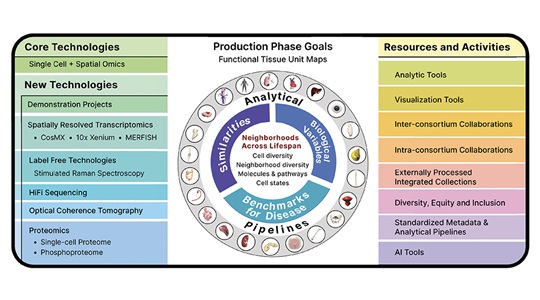Ramalakshmi Ramasamy Ph.D.
Postdoctoral Associate
Cellular senescence in the developing human placenta; discovery and validation of novel placental biomarkers to characterize placental cell types and capture senescence in situ using single-cell transcriptomics, spatial transcriptomics, and multiplexed antibody-based assays; evolutionary perspectives on placental development
My long-standing interest lies in understanding how age-associated cellular and molecular changes affect the function and behavior of an organism.
In the Robson lab, I study molecular changes during placental development at the single-cell resolution and seek novel markers that can be used to characterize human placental cell types and tissue specific senescence markers in the human placenta using single-cell transcriptomics, spatial transcriptomics, and multiplexed antibody-based assays. Cellular senescence is among the key biological hallmarks of aging, and I work as part of the KAPP-Sen Tissue Mapping Center Collaborative (Cellular Senescence Network), aimed at mapping cellular senescence in different parts of the healthy human body.
To temporally capture markers along the developmental senescence program in the placenta, I couple in situ studies in human placental tissues with in vitro studies using human induced pluripotent stem cells (iPSCs) and trophoblast stem cells to differentiate them into cells of the trophoblast lineage with candidate gene knock-out experiments. I’m also particularly interested in investigating the function of placental genes with human/primate specific evolutionary basis.
Before I started as a Post-doctoral Associate in the Robson lab, I have worked as part of several labs in USA, Singapore and India in a variety of research projects that include:
-Evolutionary basis of human-accelerated conserved non-coding regions (HACNs) as putative enhancers
-Epigenetics (histone acetylome-wide associations) of autism spectrum disorder (ASD)
-Cellular senescence and aging
-Central nervous system (CNS) demyelination and its effects on urinary physiology with implications in multiple sclerosis (MS)
-Effects of aging on brainstem-bladder pathophysiology
